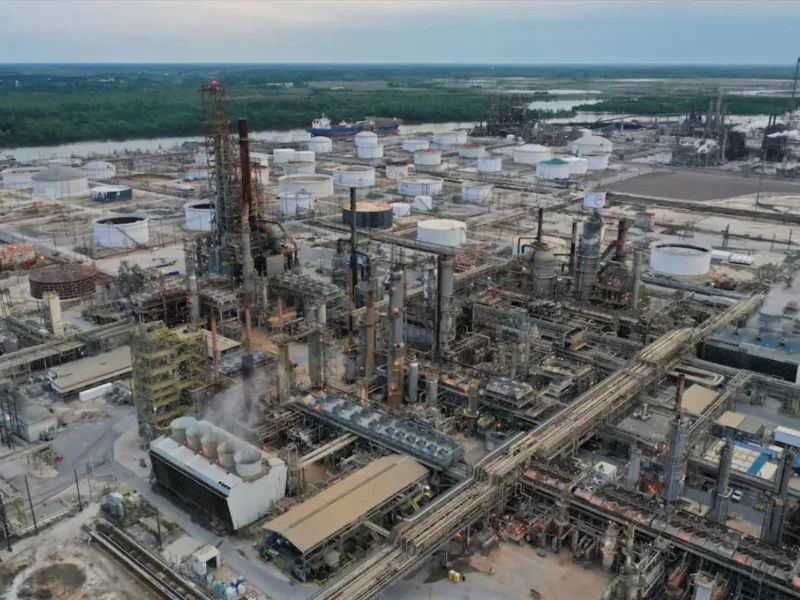Oil Nations Expose Divide, Claim Science Doesn’t Back Phasing Out Fossil Fuels
NEW DELHI, (IANS) – Just when minds and intentions are coming together to develop climate resilience, innovate for cleaner sustenance, and pitch for alternate methods of traditional fuel-based common practices, the president of the COP 28 summit brought the discourse to a screeching halt with his comment that there is “no science” behind demands to phase out fossil fuels.
Al Jaber, the UAE’s climate envoy, chairs the board of directors of the country’s renewables company. He is also the head of the state-owned Abu Dhabi National Oil Company.
When Mary Robinson, former president of Ireland, asked if Al Jaber would lead the phasing out of fossil fuels, his response was: “There is no science out there, or no scenario out there, that says the phase-out of fossil fuel is what’s going to achieve 1.5.”
He added that his expectation from the summit was a “sober and mature conversation” and that he was not “signing up to any discussion that is alarmist.”
He, however, maintained that the 1.5-degree goal was his “north star,” and a phase-down and phase-out of fossil fuel was “inevitable” but “we need to be real, serious and pragmatic about it.”
This controversial comment was made during the She Changes Climate panel event on November 21, and the incident came to light last week when The Guardian published a report about the event.
To tone down the controversy and the series of responses that subsequently erupted, the climate leader went on to ask the former Irish premier: “please, help me, show me a roadmap for a phase-out of fossil fuels that will allow for sustainable socio-economic development, unless you want to take the world back into caves.”
As the necessary exercise to dispel confusion ensued, the Emirati businessman’s remark points to a crucial concern about the constantly contemplated issue.
Scientific reports of the U.N., which seek to guide global negotiations, repeatedly underscore the importance of phasing out fossil fuels.
Other reports indicate that the use of fossil fuels must necessarily be reduced to keep global warming below 1.5 degrees Celsius — the threshold above which it will be more difficult for humans and ecosystems to adapt. This common goal was agreed upon in the Paris Climate Accord in April 2016 (COP 21).
Irreversible and lasting impact on the health of humans — to the extent that the genetic makeup is studied to be affected—is the immediate concern that demands clean air to breathe and a clean, livable environment.
Besides rapidly depleting resources which, as an immediate effect, significantly alter the local demography, ecological balance, and socio-economic structure of a local region, the extraction and burning of fossil fuels cause local pollution at the site of production and use. In the long run, its continued use harms a region and its inhabitants beyond the local contours.
Scientists have been aggressively studying and asserting that a significant curb on fossil fuels will drastically bring down emissions, thereby mitigating its ill effects and contributing to public health, including preventing serious ailments and even deaths.
However, notwithstanding this fundamental concept, the role of fossil fuels is a deeply controversial issue that countries of the world are faced with. There is no turning away from this and the COP28 climate summit yet again brings to the fore the political and economic aspects of the gravely compounded situation.






Samay
/
These Middle Eastern countries know that their power and influence will nosedive once the world moves away from oil. Arab nations act so superior, treating South and Southeast Asians like dirt. These countries simply have geographical luck. That their countries just so happen to have oil. While countries like India and Israel have to develop robust economies with minimal natural resources.
December 11, 2023